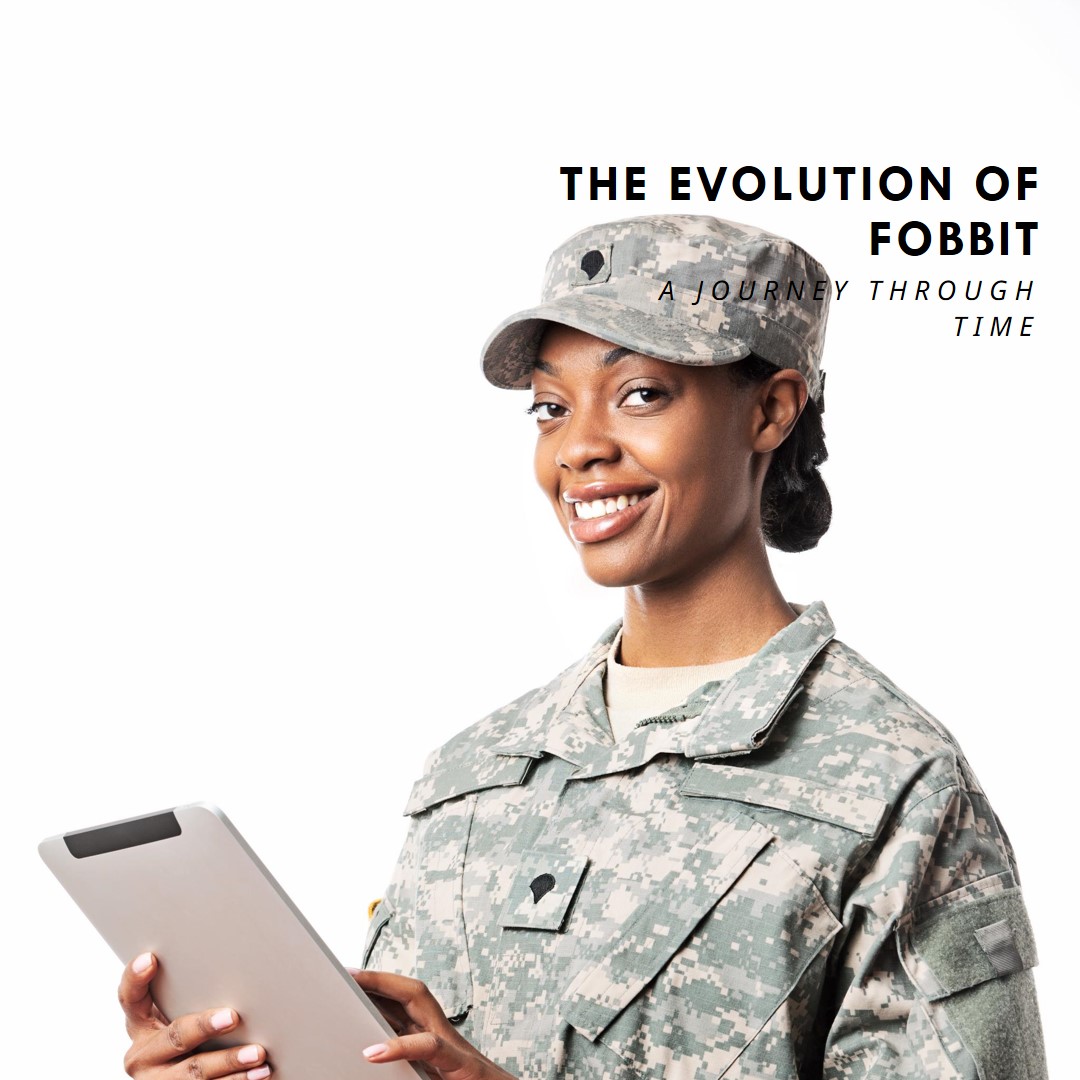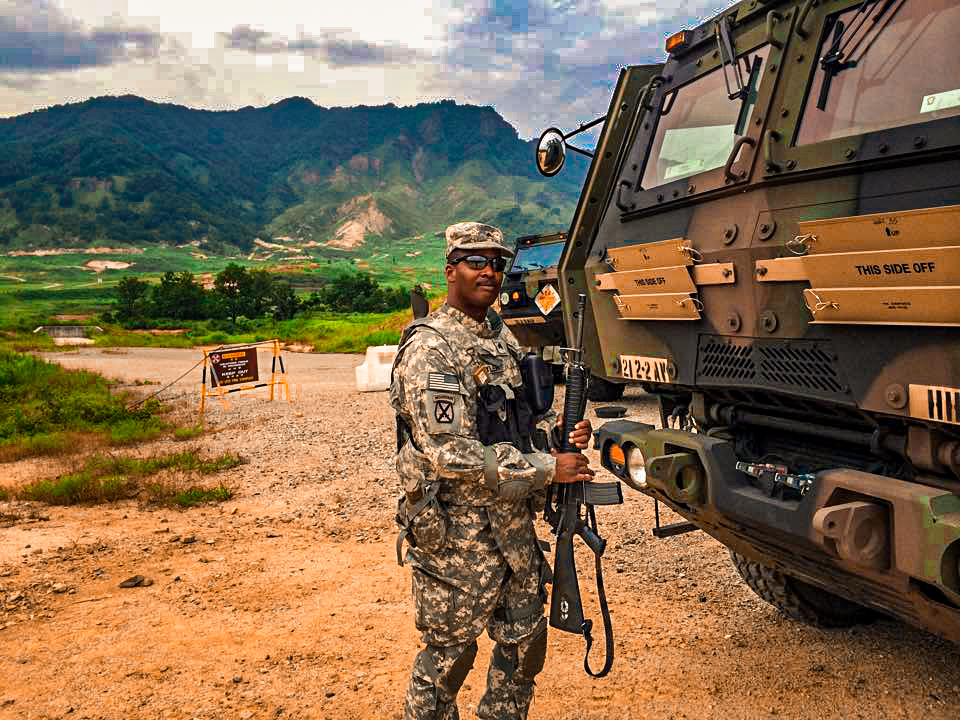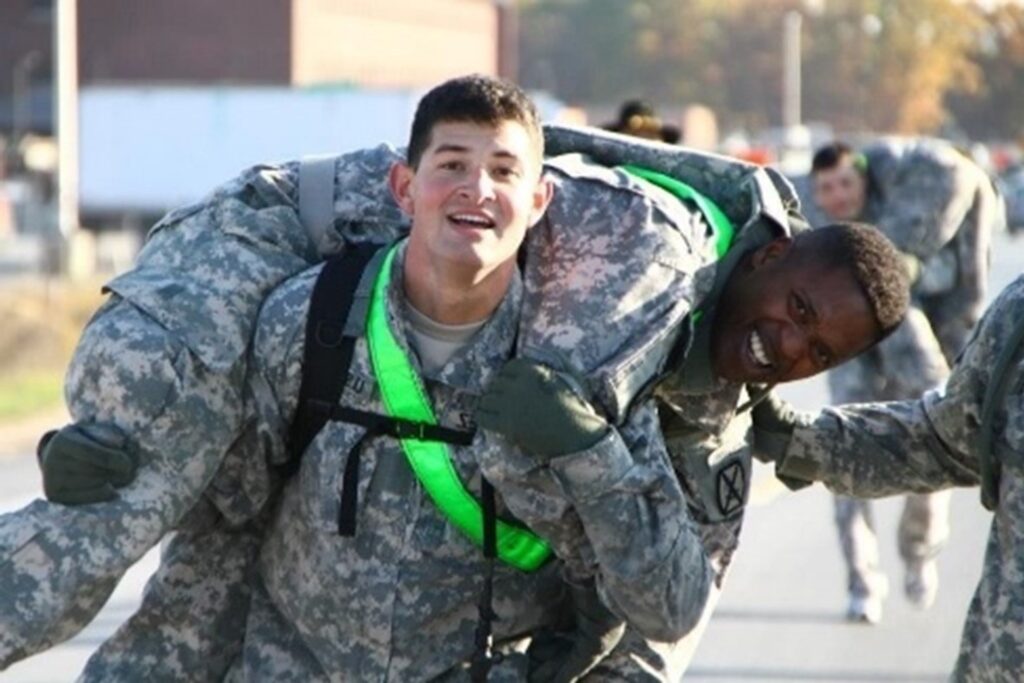
The Transformation of the Army “Fobbit”: A Comprehensive Analysis

K Tyler
Career-minded soldiers in the Army often view the term “fobbit” as offensive, but it goes beyond derogatory. The Army emphasizes cross-training and readiness for combat, ensuring every soldier is prepared to defend their country and fellow soldiers. This dedication to duty and service fosters a culture of respect and camaraderie within the military community, promoting unity and cohesion among all service members.
Some saw it as a lighthearted jest, while others, especially career-minded troops, believed it was rude and demeaning. You should ready to battle at every level and win at all costs, regardless of your fighting state. Each soldier has a job and tasks in the military, and judging or criticizing others based on their roles is unproductive. For mission success, assistance and cooperation should be the priority. We were more effective as teams, sections, and squads because we believed in cross-training. We fight with our Marine brothers, regardless of rank. The Army operates this way. Remember that a "fobbit" is a fictitious figure, not a soldier. It's a common misconception that fobbits remain within the Forward Operating Base, but every soldier is prepared to fight. All military personnel, regardless of function or title, must commit to cross-training and combat preparedness. This focus on combat preparation assures that every military member can defend their nation and fellow troops when needed, strengthening military solidarity. Due to their shared duty and service, "fobbits" and frontline troops blend. I laughed at this statement as an ordinary soldier, but as I rose in rank, I recognized it was disparaging rather than incendiary. It reminds us that every military member is vital to the military's strength and performance. Recognizing the importance of all service personnel promotes military respect and camaraderie.
Fobbit \’fä-b?t\, noun. Definition: A U.S. soldier stationed at a Forward Operating Base who avoids combat by remaining at the base, especially . during Operation Iraqi Freedom (2003–2011).
(“Fobbit by David Abrams”)
During the 2nd push into Iraq in 2008–2009 and the 2010–2011 Afghan war, I pulled duty at the FOB and may have been termed a Fobbit. Yes, and it didn't bother me until I left the Army. All soldiers—frontline grunts, backdoor Redlegs, or give them hell Marines—performed WAR-like. I oversaw rotary and fixed-wing aircraft fueling and rearmament teams as a 92F20. We were continuously exposed during daily refueling and rearmament attempts. We were vital to the aircraft's efficiency and effectiveness, yet we were frequently disregarded. Although we were proud that the airplanes couldn't complete their missions without us, we knew our task was vital. The fuelers had great camaraderie and duty, and we were motivated to help our frontline military personnel. Our unit failed to issue Army Aircrew Badges to Petroleum Supply Specialists, Culinary Specialists, Water Treatment Specialists, and Ammunition Specialists in 2011. Despite the absence of official acknowledgment, we were satisfied knowing our efforts were crucial to military operations. We worked tirelessly as fuelers and cross-trained fuelers to keep the aircraft ready for combat. We felt our efforts were vital even if higher-ups didn't appreciate them.

How Forward Operating Bases Created the Illusion of War in Iraq and Afghanistan
Fobbits are World War on Terror soldiers from Afghanistan or Iraq. The name is a pun on “hobbit,” from The Lord of the Rings and FOB. For non-combat troops, “fobbit” is sometimes used interchangeably with “POG,” or “Personnel Other than Grunt.” Good context is lacking for these concepts. REMF means “Rear Echelon Mother… you get the picture.” in Vietnam. All express frontline combat soldiers’ contempt for combat support staff who don’t kill the enemy daily. This is the origin of “in the rear with the gear,” which defines support personnel’s safety and comfort during battle. Even though the “front lines” of the Global War on Terror have almost faded and IEDs and ambushes along vital roadways have placed numerous support troops in risk, many of these words still apply. Infantry, armor, field artillery, aircraft, air defense artillery, combat engineers, Special Forces, and now cyber, which will annoy some grunts, promotes supremacy by nature: to close with and eliminate the adversary. I’ve learned on the job that the widespread assumption that the Global War on Terror is fought with 1-3 combat weapons to fight service support or combat support is false. Strategists and those seeking recognition have a “tooth-to-tail” ratio. A 2007 Command and General Staff College study recommends 1-3, with brigade combat teams and divisions having stronger fighting capability. The paper projected a longer “tail” and shorter “tooth”. The 2007 “surge” strategy in Iraq and Afghanistan was unexpected since it used 2005 figures. This information is from the early Iraq War, before fobbits, reflector belts, resident contractors, and Green Beans coffee shops. Future seemed bright. Insurgency battles in Iraq and Afghanistan led to base creation, increasing the Army’s “tail” to encompass additional people. Massive combat FOBs were erected. How big? Some FOBs accommodated 20,000–35,000 people and had laundromats, fitness centers, bookstores, movie theaters, bowling alleys, and baseball fields (Canadians at Kandahar Air Base created a hockey rink without ice). Because divisions managed comparable projects, the headquarters expansion produced duplication. Growing bases required new facilities for high-ranking military personnel. These bases required major finance, drawing more private firms. Lieutenant General Raymond Mason, the Army’s top logistician, said in 2014 that “FOBs became little Fort Hoods,” alluding to forward operating bases’ high “quality of life” requirements. The enormous FOBs (Bagram Air Base in Afghanistan had a perimeter road that could be utilized for a full marathon) sucked up men, producing a class of soldiers who never experienced life beyond the towering T-walls that divided the FOB from the nation we were meant to serve. From this came “fobbit.” The Global fight on Terror strengthened logistical and headquarters units, allowing troops to spend a full “combat” tour at these huge facilities without knowing about the fight save for rocket blasts or news. Soldiers woke and worked at the base and at home daily. They could eat well in the cafeteria and have coffee or pizza on the way back to work (in 2014, troops screamed at an Afghan Pizza Hut-Bagram employee for not having wings). Wireless internet access allowed them to stay in touch with friends and family at home in a clean environment. It was an illusion war.
(Officer)


